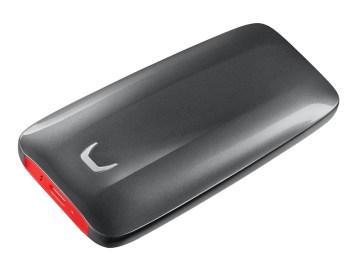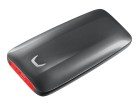
Apple and Johnson & Johnson are teaming up to conduct a new health study to determine if the iPhone and Apple Watch can reduce the risk of stroke. The study is made possible through a new Heartline app for the iPhone that combines data from the Apple Watch ECG app.
The study is open to participants who meet this criteria:
- Live in the United States
- Age 65 or older
- Have Original (traditional) Medicare
- Use iPhone 6s or later
- Agree to provide Medicare claims data access
Johnson & Johnson describes the study in the announcement today:
- The engagement program, via the Heartline Study app from Johnson & Johnson, will provide ongoing education, tips, surveys and questionnaires across many topics related to overall heart health throughout the two-year active engagement period.
- The ECG app can classify an electrocardiogram as sinus rhythm or AFib.
- The irregular rhythm notification feature will provide notifications of irregular heart rhythms suggestive of AFib.
Apple’s Head of Health Strategic Initiatives Myoung Cha highlights the importance of privacy as part of the study:
“Apple technology is making a meaningful impact on scientific research through the powerful capabilities of iPhone and Apple Watch, all with privacy at the center of the participant experience,” said Myoung Cha, Apple’s Head of Health Strategic Initiatives. “The Heartline Study will help further understanding of how our technology could both contribute to science and help improve health outcomes, including reducing the risk of stroke.”
The study will be conducted over three years including two years of engagement and one year of data collection. Participants in the study will be split into two groups:
One group will participate by only using the Heartline Study app on their iPhone. The other group will participate by using the study app on their iPhone in addition to obtaining an Apple Watch to use the ECG app and irregular rhythm notification feature.
Since not all participants will use the Apple Watch, owning the device isn’t required. The study will require Apple Watch Series 5 for participants in the Apple Watch group, however, but loaner watches will be available.
Apple Watch has already proved effective in major heart health studies. Stanford Medical published findings from the Apple Heart Study last year. Apple followed up that study with a dedicated Research app on iPhone and Apple Watch, using the smart watch to study a variety of fields.
Go to Heartline.com to learn more about the new Apple and Johnson & Johnson collaboration.
The #Heartline trial team has already taken the first participant call, multiple patients now enrolled … we have liftoff pic.twitter.com/HWpKdOGgiy
— C. Michael Gibson MD (@CMichaelGibson) February 25, 2020
FTC: We use income earning auto affiliate links. More.







Comments